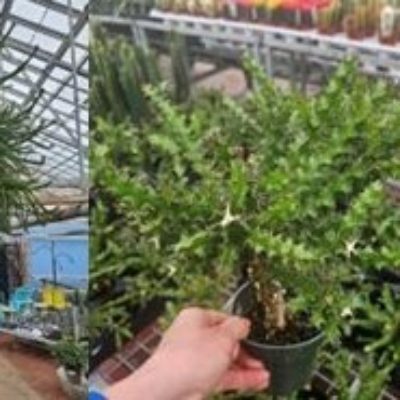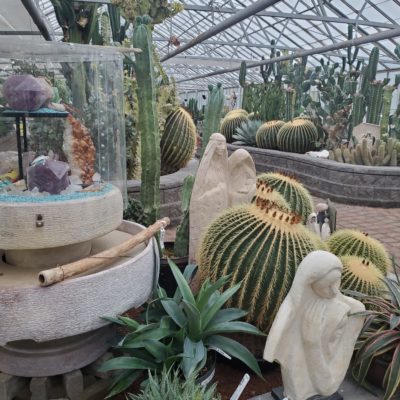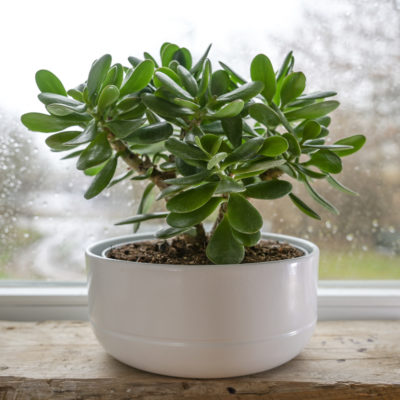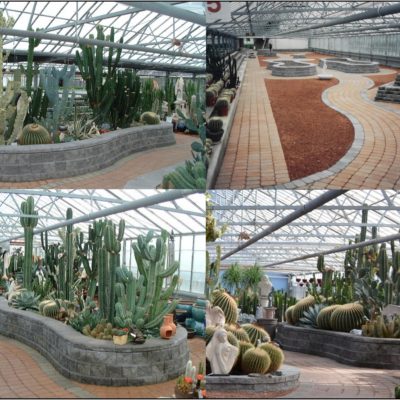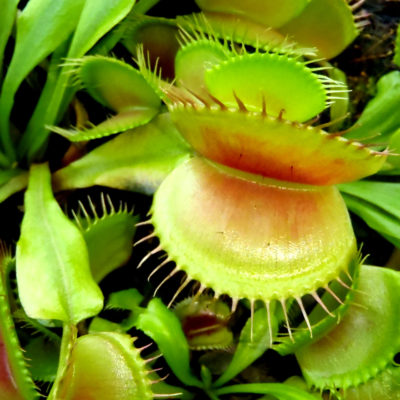
Feeding Our Feathered Friends!
There’s nothing like a bird’s sweet song to help blast away the winter blues, and it’s so easy to bring their delightful voices to your own backyard or balcony. Whether you purchase a bird feeder or simply scatter seeds over the snow, our feathered friends will be grateful for the winter snack. You can even create your own simple feeder with pine cones, peanut/nut butter and seeds! And a bird feeder isn’t just a great gift for the birds, but for anyone on your holiday list, from kids, grandparents, and even teachers!
Putting out food for the birds is not just for our own benefit. Birds are warm-blooded and need to keep up their energy stores against the cold temperatures and long, frigid nights. By offering them a steady supply of high fat and high calorie foods like peanuts, black oil sunflower seeds, and suet, you’ll help them survive through the coldest months. They’ll love you even more if you place the food in a sheltered spot, away from chilly winter winds, but also open enough so they can keep an eye out for danger.
Did you know that birds also need access to clean water in winter? This may be difficult here in southwestern Ontario, with our below-freezing temperatures, but there are options to explore. A winter-proof bird bath (not ceramic or clay) that’s placed in a sunny, visible spot and filled daily with clean water would allow the birds to grab a fresh drink.
When it comes to winter feeding, the same issue comes up year after year: squirrels. They’re cute, they’re furry, but they can also be a real nuisance. If you’d rather keep their dining habits to a minimum, you can use a squirrel-proof feeder or a baffle (a large plastic cone) to deflect their attempts to steal your seeds. However, they can be very persistent, so it might be easier to simply give in and offer them a separate eating area away from your feeders.
Belgian carries a large variety of bird feeders that cater not only to your home’s needs, but also to the different species of birds found in your area. We also offer various types of bird seed and nuts to help all our backyard friends feel full, healthy, and happy this winter. Here are some of our favourites:
Feeders:
Tube Feeders – Like the name suggests, these are clear tubes that can be filled with a variety of seeds and nuts. Extended perches, each with its own access hole, allow finches, chickadees, nuthatches, and other birds to rest and feed to their hearts’ content.
Ideal Feed: Depending on the size of the holes, safflower seeds, black oil sunflower seeds, mixed seed blends, and even shelled peanuts are all great options for tube feeders.
Hopper Feeders – These are some of the easiest feeders to refill and are often have a peaked “roof” to help protect seed and birds from the elements; many designs resemble houses, barns or other homey structures. Their sturdy design also means that larger birds, like cardinals and blue jays, can enjoy a nice meal. Keep in mind that they also provide easy access for squirrels and other critters.
Ideal Feed: Black oil sunflower seeds, safflower seeds, and cracked corn are fantastic choices.
Window Feeders – These are a bit of a novelty item, but if you have a window free of screening then you can easily attach one of these see-through feeders and enjoy some bird watching up close! Be sure to place them within easy reach for refilling and cleaning.
Ideal Feed: Just about anything! Choose millet, nyjer seeds and other small seeds to attract small birds like sparrows and finches. Peanuts and black oil sunflower seeds will attract larger birds to your home, including cardinals and blue jays.
Suet Cages – These are the simplest method for providing birds with the fat they need to survive the winter. A simple rectangular cage holds a suet “cake” or brick, often mixed with seeds or cracked nuts, and the cage is then hung from a tree or fence post so that the cage is not constantly swinging in the wind.
Ideal Feed: Suet, which is animal fat (typically beef) and often mixed with seeds, nuts, and/or berries and then formed into a “cake”. Chickadees, nuthatches, and woodpeckers all love these simple yet fatty treats.
Cleaning Your Feeders
Your feeders (and bird baths) should be cleaned and sanitized every 2 weeks to keep all your visiting bird friends healthy. We recommend using a weak bleach solution (about 9 parts water to 1 part bleach) to help remove any mold, bacteria, or other nasty things that could harm the birds. Remember to scrub off all debris, and don’t forget to deep clean the perches and feeding holes!
Why Black Oil Sunflower Seeds?
You may have noticed the term “black oil sunflower seeds” being used quite often throughout this blog, and the distinction is an important one. These seeds are ideal for birds and bird feeders: the seeds are large with high fat and oil content, and they have very thin shells that are easy for our winter birds to crack open. Other types of sunflower seeds, like the striped shells found in grocery stores, have thicker shells that can be difficult to break into, especially for smaller birds like sparrows and chickadees.

